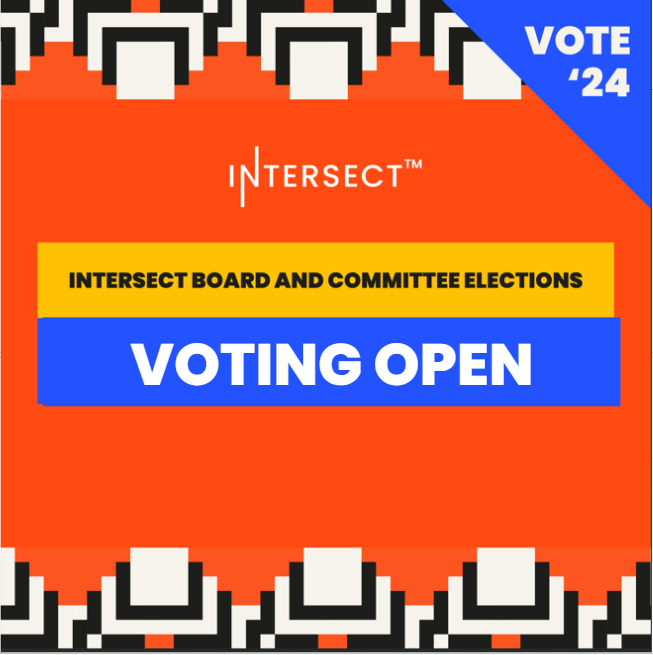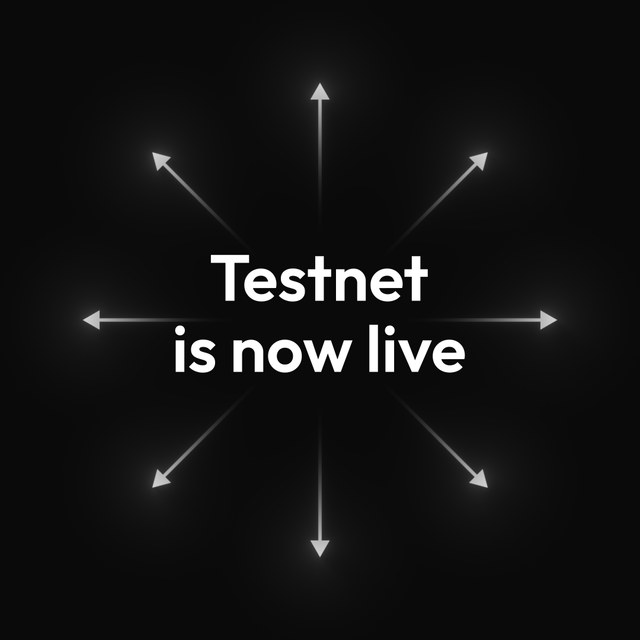ADA is not a security by definition
The Securities and Exchange Commission (SEC) is examining whether or not cryptocurrencies are securities. It seems that the SEC does not consider only Bitcoin to be a security. As for other PoS projects like Cardano, the SEC is threatening...

The Securities and Exchange Commission (SEC) is examining whether or not cryptocurrencies are securities. It seems that the SEC does not consider only Bitcoin to be a security. As for other PoS projects like Cardano, the SEC is threatening that they may be securities. I'm no expert on the US legal system, but I believe ADA is definitely not a security.
The Howey test
The Howey test determines if an asset can be called a security. It is a set of standards that an investment must meet for the SEC to consider it to be a security which comes with various rules and regulations from the SEC. The Supreme Court established four criteria to determine whether an investment contract exists. An investment contract is:
- An investment of money
- in a common enterprise
- with the expectation of profit
- to be derived from the efforts of others.
The four prongs of the Howey test dictate whether a security is an investment of money. It is the case when the investment is made in a common enterprise with the expectation of profit derived from the efforts of others.
Let's go through each prong step by step.
In SEC's view, the "investment of money" test for digital asset sales is easily met because the native coins of blockchain projects are exchanged for fiat money. Similarly, the "common enterprise" test is easily satisfied.
At the "expectation of profit" test, the SEC looks at the investor's reason for buying the asset. If the purchase is motivated by the pursuit of profit, the test is satisfied. If the investor is trying to store wealth, the asset can be classified as something else. For example, a stablecoin is not an investment.
Cryptocurrencies are very volatile and can lose 80% of their value in a bear market. I dare say no one is buying cryptocurrencies with the intention of preserving value. For most people, cryptocurrencies are investments. Once positive sentiment prevails in the markets, most cryptocurrencies may reach a new ATH. This is just as true for Bitcoin as it is for Cardano and a few other projects in, say, the top 20.
Some users consider cryptocurrencies as money and pay with them. Transaction fees on the network are covered by ADA coins. Anyone who wants to use the network needs to acquire the coins first. Try using Tesla stock to pay when buying a new car of the same brand. Tesla won't let you do that. You don't need to be a shareholder of the Tesla company to buy a Tesla car.
From my perspective, the key is that if you own ADA coins, it's not solely for the profit, but also for the ability to use the network. For example, you can only use DeFi services if you pay the ADA fees.
If you look into the Cardano ecosystem, you will see that ADA is used for payments for NFT purchases. Prices are not expressed in fiat currencies but in ADA. The ability to pay in cryptocurrencies is expanding in regular stores. Bitcoin has a head start, so it is possible to pay with BTC coins. However, there are also growing opportunities to use ADA coins for payment. The SEC cannot have a different view of BTC than ADA just because of the lead in adoption.
In the case of Bitcoin, the store of value narrative prevails, but that is just a narrative. The coin holders of each project can claim that the project is a store of value for them. What is the difference between a store of value and an investment, anyway? Investments also aim to preserve value. No one invests to lose value. It is hardly defensible for the SEC not to consider BTC coins as a security and to take a different position on other coins.
From my perspective, the Howey test could end up at the third prong, but it is possible that SEC sees cryptocurrencies mainly as an investment and sees no other use for coins in the ecosystem. So the final fourth prong has to decide.
To be derived from the efforts of others
The purpose of the last prong is to separate the investor from the third party. If the investor has a significant hand in the success of an investment, it's most likely not an investment.
In your opinion, are ADA owners contributing to Cardano's overall success? Of course, they do. The key features of Cardano are decentralization and security. If the network didn't have those features, it wouldn't make sense for it to exist. The decentralization of the network is built on the distribution of ADA coins. Each ADA coin owner decentralizes the network and makes it more resistant to a 51% attack. Corporate shares do not have this property. All Tesla shares can be held by a single person in the world and it will have no effect on the quality of car production.
Staking rewards are not dividends. Staking is an active work in which delegates choose a pool that produces blocks and is not saturated. The quality of block production is thus dependent on the decisions of ADA holders. Delegates need to monitor not only the production of blocks but other activities of pool operators. In essence, they decide who deserves to produce blocks and earn rewards. Pool operators must operate the nodes, which comes with energy and labor costs. Staking rewards are there to cover these costs. ADA holders also deserve to be rewarded, as they should regularly oversee block production and delegate elsewhere if the pool is not performing as expected.
Staking rewards can be seen as an economic incentive to hold coins, which protects the network from a 51% attack. People are paid by the network for holding the coins, which is important to the network because the attacker has no chance of getting enough coins to attack. Again, coin holding is very important and it is certainly not a passive activity with the mere expectation of profit as in the case of Tesla stock. The network pays people for its decentralization. By holding ADA coins, users are essentially protecting their assets and simultaneously decentralizing the Cardano network, which can be a financial and social platform for them.
You could say that ADA holders own the Cardano network and make critical decisions in Catalyst, for example. The Cardano network is not owned by the IOG team as they have no control over the core functions of the network. For example, they cannot stop it, censor transactions, or manipulate user coins or tokens. The network is entirely in the hands of pool operators and ADA holders. All reward payments are entirely in the control of the protocol. IOG's control over Cardano ends at the source code. All those running full nodes autonomously decide whether to accept the changes and install the new client. ADA holders can look at the client version of all pools and decide whether or not to support a given pool with coins. So they basically decide to accept the changes proposed by the IOG team.
The value of ADA coins depends to some extent on the success of the IOG team in terms of technology development, as the quality of the technology can play a major role in adoption. However, the IOG team certainly cannot be considered a third party that can ensure success. Success is very much in the hands of the community, who vote on what projects are funded from the project treasury. Communities are a key component of project success. For example, it is the size of the community that motivates merchants to accept a given cryptocurrency as a payment method. The IOG team builds the platform, but DeFi services are done by third parties. Every blockchain project has a team, including Bitcoin. Bitcoin has been slow to innovate, but if you look at GitHub, the team is active and the developers are paid by companies such as Blockstream.
It's interesting that the SEC is examining PoS project coins to see if they are securities and they are certain that Bitcoin does not meet the Howey test. BTC holders don't have as much control over the Bitcoin network as ADA holders do in the case of Cardano. From my perspective, BTC coins are definitely closer to a security than ADA coins when it comes to the Howey test. This is certainly not to say that BTCs are securities. I still think BTCs are closer to money or a store of value. It just amazes me how digital coins of blockchain networks can be considered two different things just based on network consensus.
BTC coins serve as a reward for miners. This is analogous to staking rewards. The cost of running a bitcoin network is significantly lower than Cardano, however, even Cardano is dependent on electricity and the people who run the nodes. After using the new BTC coins to reward miners, the coins subsequently play no significant role in the Bitcoin ecosystem. ADA coins represent a certain position in the Cardano network with a claim to reward. However, as we have explained, there is a fundamental difference between holding shares and holding ADA coins.
Conclusion
It is worth noting that the Howey test was created around 1940, at a time when the Internet did not yet exist. The question is whether cryptocurrencies should be regulated based on a methodology that is more than 80 years old. Cryptocurrencies are a brand new thing that arose spontaneously from the bottom up. The community plays a key role. Cryptocurrencies can be seen as a social experiment with overlaps into the world of finance. Stocks are purely speculative. While many people think this about cryptocurrencies, it is not really the case. However, you will only find this out if you are an active member of a community. The view from the outside can be very misleading and inaccurate.
It would be very foolish to regulate the efforts of cryptocurrency communities that seek to build something that transcends technology. Blockchain technology is the centerpiece around which communities are formed. They are trying to push the concept of decentralization into our society. Blockchain is just an implementation detail. What is important is the efforts of the community. Let's not destroy that effort for the sake of trying to apply an 80-year-old financial concept to it.
Delegate Your Voting Power to FEED DRep in Cardano Governance.
DRep ID: drep12ukt4ctzmtf6l5rj76cddgf3dvuy0lfz7uky08jfvgr9ugaapz4 | We are driven to register as a DRep by our deep dedication to the Cardano ecosystem and our aspiration to take an active role in its development, ensuring that its progress stays true to the principles of decentralization, security, and community empowerment.DELEGATE VOTING POWER!







